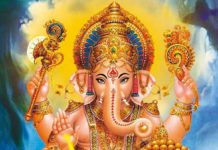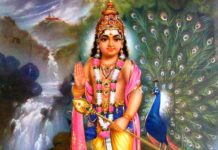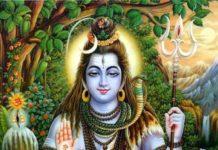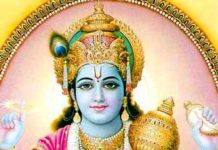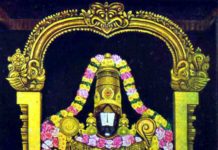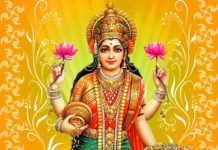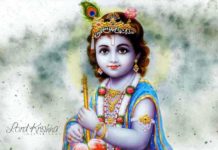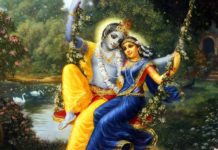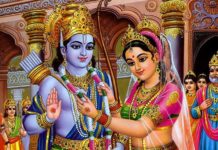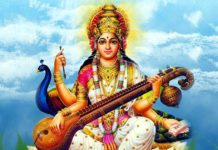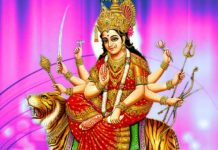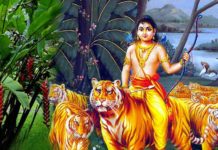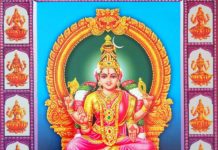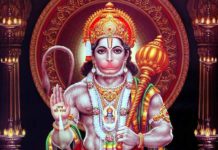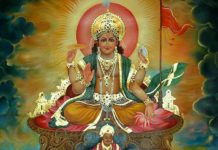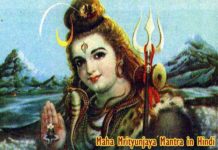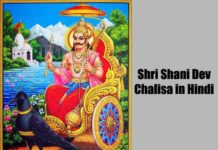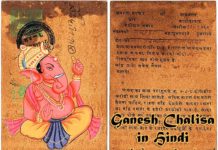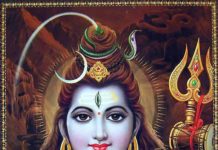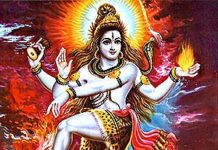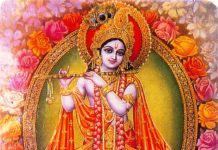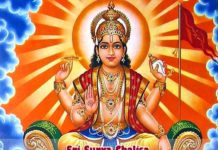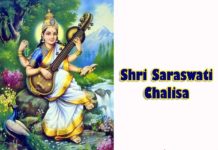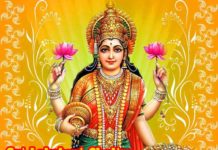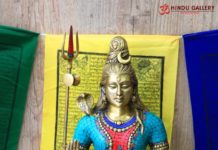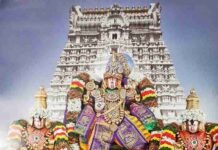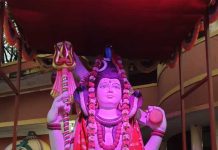Pausha Putrata Ekadashi
Pausha Putrata Ekadashi is ascribed to Sri Maha Vishnu.
Pausha Putrata Ekadashi occurs in the Pausha month of both Amanta and Purnimanta Calendars.
Pausha Putrata Ekadashi is the eleventh day from the new moon day (Shukla Paksha Ekadashi). It occurs on Sunday, 21st January 2024. The duration of the Ekadashi Tithi has to be ascertained from the applicable regional calendar.
“Putrata” means “bestower of progeny”. Hence this Vrat is observed for seeking progeny from Sri Maha Vishnu.
Legend
As per the legend, Bhadravathi City was ruled by King Suketu. He and his wife Shaibya were unhappy as they had no progeny.
They were so forlorn in their agony that they wanted to end their lives. So, they left the Kingdom to their Minister and went to the forest.
In the forest, they realized that ending life was not right. At that time, they heard some Vedic chants. They went to the place from where they heard the chants.
There was a beautiful lake. Some sages were chanting Vedas. The King asked them who they were. They said ,” We are Vishva Devas, the sons of Vishva. Our names are Vasu, Satya, Kratu, Daksha, Kala, Kama, Dhriti, Pururava, Madrava and Kuru. We have come here to take bath in the lake. We will observe Putrata Ekadashi today.”
The King told them about his lack of progeny. They advised the King and the Queen to observe Ekadashi Vrat to be blessed with children. That Ekadashi is called Pausha Putrata Ekadashi.
Pausha Putrata Ekadashi – Puranic reference
This Vrat is said to be referred in Bhavishya Puran as conversation between Bhagwan Sri Krishna and King Yudhishtra. Hearing the story of Putrata Ekadashi is said to accrue the benefits equal to performing an ashwa-medh yagna.
How is it observed
The basic rituals of Ekadashi Vrats are to be followed as given below:
-The exact time of dawn of Ekadashi tithi is ascertained either from family elders / astrologers. It is mentioned in the Holy Almanac (Panchang) as well. Even daily Calendars provide the information.
-The idol or picture of Sri Vishnu is decorated with flowers. Incense sticks are lit. Diyas are lit with ghee. Pujas are done with tulsi leaves.
– The items such as Jambira fruit (goose berry), Pomegranate, Mangoes, Guava, Betal nuts and leaves, Coconut, Varieties of nuts and Cloves and other aromatic spices are offered in Puja subject to availability.
Slokas or stotras of Sri Maha Vishnu including Sri Vishnu Sahasra Nama are recited with devotion. Srimad Bhagavad Gitaa is also recited.
-Special Puja is done for Sri Lakshmi Devi as well.
-The Vrat Katha is read and recited.
-At the end of the puja, aarti is done. Prasad is distributed to the family members.
-Devotees of Lord Maha Vishnu observe strict fasting from the dawn of Ekadashi.
-They do not sleep on the night of Ekadashi. At this time, tales of Sri Maha Vishnu are recited by the elders. Others listen to the stories.
-Various bhajans and kirtans are held.
-The fast shall continue till the sunrise of the next day, i.e., Dwadashi.
-Those devotees who cannot do fasting due to medical or other reasons can take sattvic food. Mostly prasadams and fruits are partaken.
-Making daan / donation to the needy on Ekadashi day is believed to please Sri Maha Vishnu.
-On Dwadashi day, unless it happens to be another Vrat day, a nutritious meal is partaken to balance the internal physical effects of fasting on the previous day. It is considered pious to forego eating of brinjal on Dwadashi day.
Specially for Pausha Putrata Ekadashi, chanting of Santana Gopala Mantra is believed to be beneficial.
Benefits
Observation of this Vrat offers salvation even to the ancestors.
-Fulfillment of the wishes
-Happiness, prosperity and progeny
-Alleviation of sins
-Salvation and moksha to reach Vaikunt.
Importance should be given to the sincere prayers to Sri Maha Vishnu.
Santana Gopala Mantra:
ॐ देवकी सुत गोविन्द वासुदेव जगत्पते।
देहि मे तनयं कृष्ण त्वामहं शरणं गत:
Om devaki sudha govinda vasudeva jagath pathe
dehi mey thanayam krushNa thvaam-aham sharaNam gataha
Sri Krishna, you are the son of Devaki; you are Govinda, the protector of cows; you reside in our minds as our Bhagwan; you are the Bhagwan of the universe;
Kindle bestow the progeny; I humbly surrender to you.
The synopsis of Kamada Ekadashi, Varuthini Ekadashi, Mohini Ekadashi, Apara Ekadashi, Nirjala Ekadashi, Yogini Ekadashi, Devshayani Ekadashi, Kamika Ekadashi, Sravana Putrata Ekadashi, Aja Ekadashi, Parivarthini Ekadsshi, Indra Ekadashi, Papankusha Ekadashi, Rama Ekadashi, Dev Uttanna Ekadashi, Uthpanna Ekadashi, Mokshada Ekadashi and Saphala Ekadashi are narrated in the previous articles.






